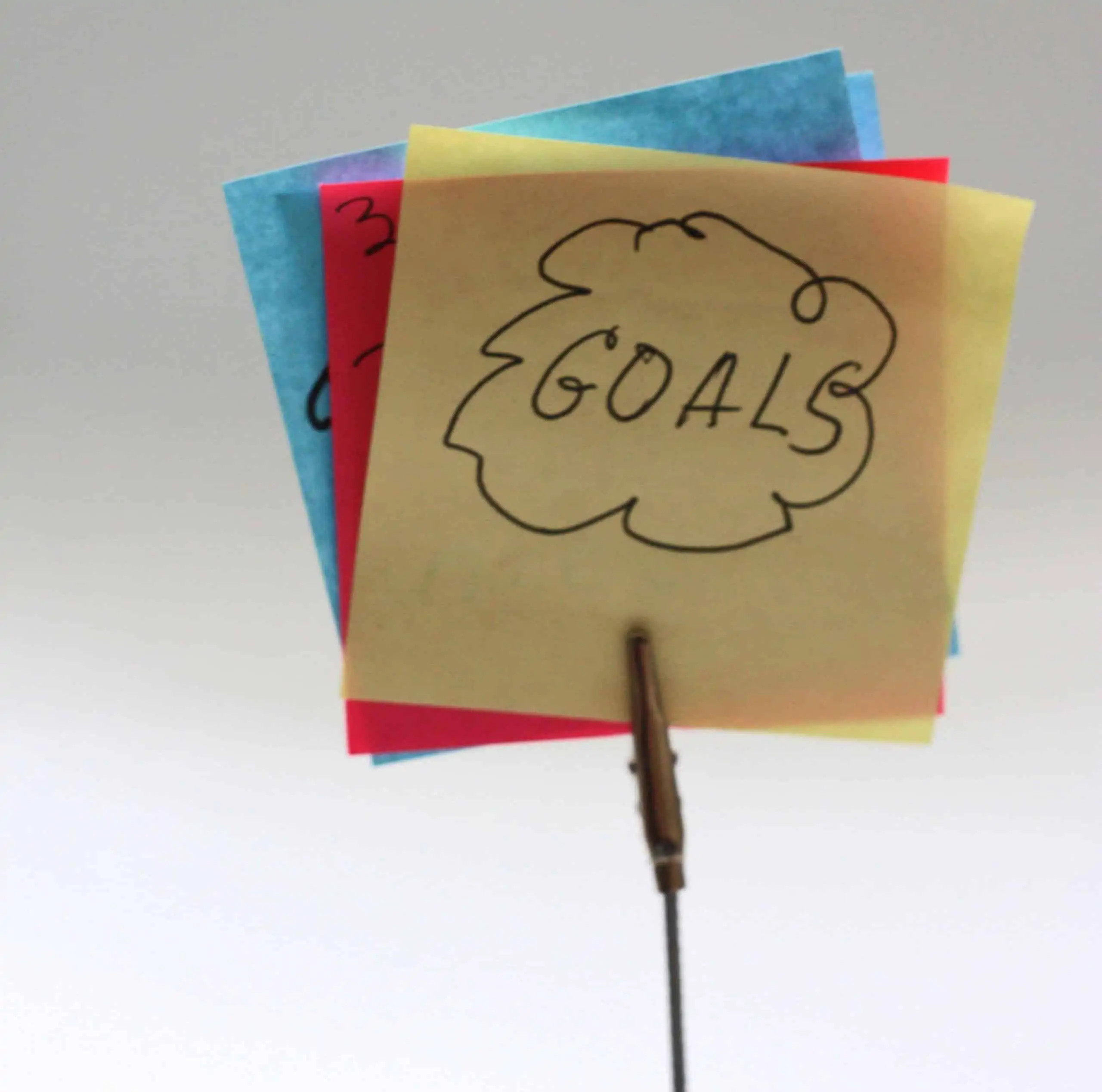At the beginning of each year, we are reminded to be healthier, have goals for self-care and prepare for the future. Some goals are based on what we want and some of our goals are founded on what we need to live a healthy lifestyle, asking ourselves questions such as: how much time will I plan to spend on my personal life versus my professional life; how much money do I have that I can spend responsibly on entertainment, recreation, vacations, etc.; and even how much time and money do I plan to spend on gambling? Sometimes what we plan to do is not how we actually behave.
Already in this new year, gambling is soaring into another atmosphere that is leaving many breathless and broke. Billion is replacing Million as the new Gold Standard in collecting Gambling Revenue. Just how many zeros are there in a Billion dollars? Yes, 11 zeros. This is what One Billion Dollars looks like: $1,000,000,000.00
Just recently we “felt” the Frenzy, the High for some the hope of winning the Powerball $1.5 Billion dollars jackpot = $1,500,000,000.00. What difference did it make that there was a 1 in 292,000,000 chance that YOU would be the winner.
As the Lottery proclaims and players chant it: “someone has to win it, why not me?” It is hard to resist the fantasy of winning that amount of money. For most of the 90% of adults in Maryland who do gamble, the fantasy is just a pleasant day dream or fun talk over morning coffee in the work place. However, for the over 150,000 adults in Maryland for whom gambling may be a serious problem, the fantasy may take over their lives and the preoccupation with gambling can spiral out of control leading to financial ruin, loss of career and family, legal problems and even suicide
For gambling to be part of a balanced plan of entertainment and to keep it fun and affordable we recommend the following guidelines:
- Gamble as a form of recreation, not to make money or make up for previous losses.
- Set limits on time, frequency, and duration of gambling activities.
- Gamble in a social setting with others, not alone.
- Gamble only with money you can afford to lose.
Problems with gambling, or even gambling addiction, can occur when you gamble in “high risk” situations, such as:
- Coping with grief, loneliness, anger or depression.
- Under financial pressure and stress.
- Recovering from mental health or substance use disorders.
- Using alcohol or other drugs.
- Under legal age to gamble.
As there are fitness trainers in a gym, there are trained professional counselors that can help you evaluate the role gambling plays in your life. Whether your goal is to stop gambling or to limit and your gambling, they will help work toward your goals for gambling and your life.
Call or text 1-800-GAMBLER to find a counselor in your area (calls are free, confidential and 24/7). Or chat with us at helpmygamblingproblem.org.
Use this year to take stock of past gambling behaviors and resolve to make your gambling fit into your responsible lifestyle!





